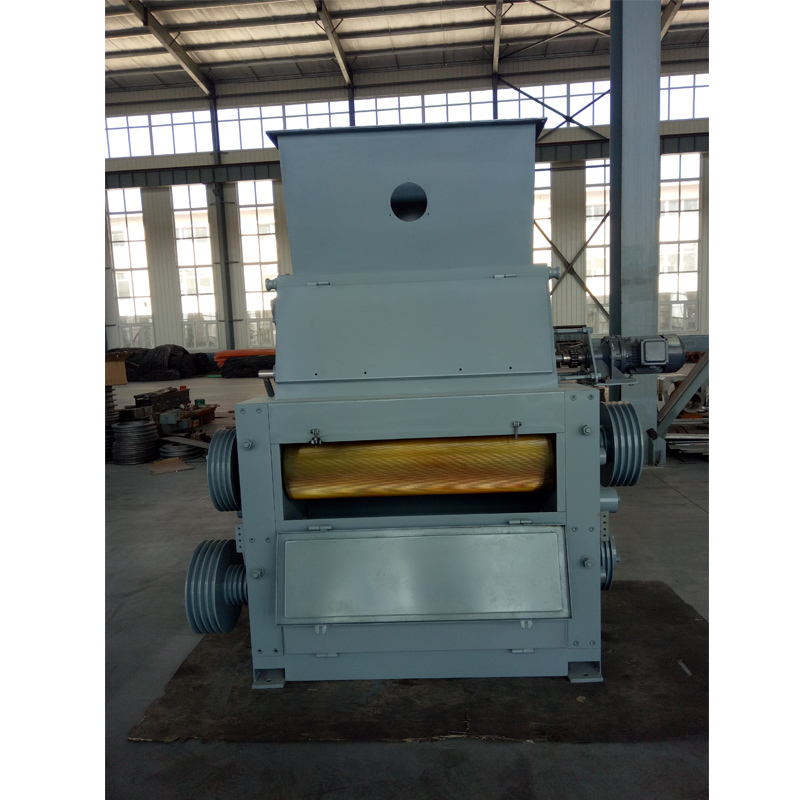Aug . 19, 2024 13:52 Back to list
Press Filter Manufacturing Process and Efficiency Optimization Techniques
Understanding the Press Filter Factory A Key Player in Modern Filtration Technology
In today’s industrial landscape, efficient filtration systems are vital for a myriad of applications, ranging from wastewater treatment to mineral processing. One of the critical players in this domain is the press filter factory, where advanced filtration technologies are developed and produced. This article aims to shed light on the importance, operations, and innovations within press filter factories.
The Role of Press Filters
Press filters are essential equipment used to separate solids from liquids in various industries. They are particularly advantageous in handling a wide range of materials, including sludges and slurries. The heart of a press filter's operation lies in its mechanism, which utilizes pressure to enhance the filtration process. During operation, a mixture is pumped into the filter, and as pressure is applied, liquids pass through a porous membrane, leaving the solids trapped behind. This process results in a cleaner effluent and a concentrated solid cake, which can be further processed or disposed of.
Key Components of Press Filter Factories
A press filter factory is typically equipped with several key components to ensure high-quality production and efficiency
. The main components include1. Filter Plates and Frames These elements create the chambers where the filtration process occurs. The materials used for these parts must be robust, resistant to corrosion, and capable of withstanding high pressures.
2. Hydraulic Systems These systems are crucial for applying the necessary pressure during filtration. They ensure that the filter plates are tightly compressed, preventing any leakage and enhancing the efficiency of the filtration.
3. Control Systems Modern press filter factories employ advanced control systems that enable operators to monitor and regulate the process, ensuring consistent quality and performance.
press filter factory

4. Cleaning Systems Effective cleaning systems are essential for maintaining the press filters' integrity and extending their lifespan. Automated cleaning mechanisms are increasingly used to minimize downtime and enhance operational efficiency.
Innovations in Press Filter Technology
The press filter industry is not static; ongoing innovations are transforming how filtration systems operate. Some notable advancements include
- Smart Monitoring Integration of IoT (Internet of Things) technology allows for real-time monitoring of the filtration process. Sensors can track parameters such as pressure, flow rates, and cake thickness, providing invaluable data for optimizing performance.
- Energy Efficiency New designs are focusing on energy efficiency, reducing the power required for operation. This not only lowers operational costs but also minimizes the environmental footprint of filtration processes.
- Materials Science The development of advanced materials for filter media enhances durability and filtration efficiency. These innovations lead to longer operational lifetimes and better performance under varying conditions.
Conclusion
The press filter factory stands as a cornerstone in the broader context of industrial filtration. By continually adapting to new technologies and methodologies, these facilities are essential for meeting the demands of modern industries. From contributing to environmental sustainability through effective wastewater treatment to enabling the processing of critical materials in mining, the importance of press filters cannot be overstated. As industries evolve, the innovations emerging from press filter factories will undoubtedly play a crucial role in shaping a more efficient and sustainable future.
-
HP 120 Cold Oil Press - Hebei Huipin Machinery|Oil Extraction&Efficiency
NewsAug.15,2025
-
HP 120 Cold Oil Press - Hebei Huipin Machinery | Automated Oil Extraction&High Efficiency
NewsAug.15,2025
-
HP 120 Model Cold Oil Press - Hebei Huipin Machinery | High-Efficiency Oil Extraction & Automated Processing
NewsAug.15,2025
-
HP 120 Cold Oil Press-Hebei Huipin Machinery|Oil Extraction, Cold Press Technology
NewsAug.15,2025
-
HP 120 Model Cold Oil Press - Hebei Huipin Machinery Co., Ltd. | High Automation, Multi-Functional Compatibility
NewsAug.15,2025
-
Efficient Black Seed Oil Expeller | High Yield Oil Press Machine
NewsAug.15,2025
